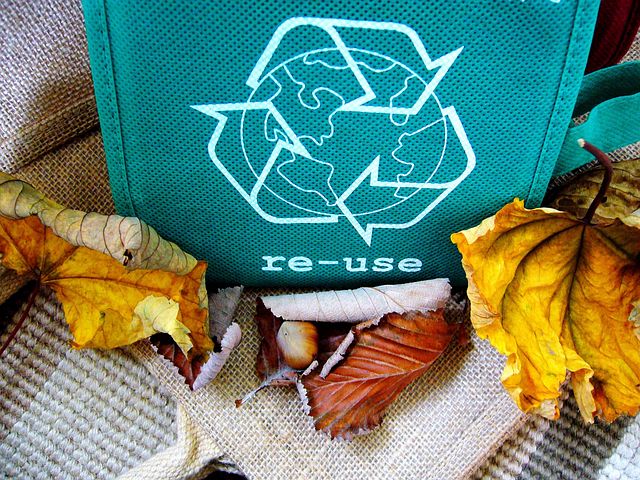 While primarily concerned with carbon emissions, the recent Extinction Rebellion protests have refocused the global spotlight firmly on environmental consciousness. A big part of that consciousness is efficient recycling and our efforts to refrain from unnecessary landfill, as we look to help our planet recover from the stresses we’ve exposed it to.
While primarily concerned with carbon emissions, the recent Extinction Rebellion protests have refocused the global spotlight firmly on environmental consciousness. A big part of that consciousness is efficient recycling and our efforts to refrain from unnecessary landfill, as we look to help our planet recover from the stresses we’ve exposed it to.
Now is the time we all should be asking ourselves whether we’re doing our bit. Across individual households, communities and businesses alike, there are three items in particular we all should be recycling.
Aluminium Cans
A staggering 9.6 billion aluminium drink cans are produced in the UK every single year, with each household consuming 340 of them. Approximately 75% of drink cans are aluminium (the rest being steel, which is also recyclable), and each one can be recycled to make a new aluminium can.
Considering these eye-opening numbers, aluminium can recycling represents one of the most important groups to help save on energy and natural resources, as well as reducing pressure on landfill. It’s easy to identify aluminium when it comes to separating it from steel; the latter is magnetic; the former is not.
If we recycled all aluminium properly, the UK would benefit from 14 million dustbins less of landfill on the year.
Plastic Bottles
For most people, polyethylene terephthalate (PET) plastic bottles are the poster boy of environmental scourge. Despite best efforts, single use PET bottles are huge part of society, with the Guardian reporting nearly two years ago that a million plastic bottles were bought around the world every 60 seconds.
An utterly absurd figure, but one that is yet to really quell our appetite for plastic convenience. The bottled water market is growing rapidly, with 600 million households consuming bottled water in 2018; a figure which is expected to grow over the next few years.
PET plastic is virtually non-biodegradable, meaning our landfill sites and, more concerningly, our oceans are overflowing with plastic.
Whilst efforts to reduce single plastic use continue, we can all do our part to recycle what plastic we use. In the UK, it couldn’t be simpler: just throw all your plastic in the recycling bin and let the professionals do the rest. A concerted individual effort can help make a huge collective difference.
Paper & Card
While paper and card are undoubtedly of lesser concern than aluminium and plastic, they account for a huge amount of waste, particularly in the business world. Brands must take responsibility for company consumption, with each office employee going through thousands of sheets of paper each year. Corrugated cardboard is also widely used in business and can be recycled to remake the same product.
At home, our increasing reliance on online deliveries mean we all have more cardboard in the house than we used to, although newspaper quantities, which were once a considerable problem, have dropped alongside diminishing sales. Still, individuals need to be accountable for paper and card, with the solution being as simple as using your recycling bin.
While businesses face confidentiality concerns with paper disposal, companies like First Mile offer secure, GDPR compliant and confidential paper recycling that offers brands a chance to safely boost their sustainability. Over the next ten years, a business’s ‘green’ reputation is set to become a defining factor in staff attraction and retention, so there’s more than just environmental reasons for a brand to improve its footprint.
With such startling consumption figures both nationally and worldwide, it’s no wonder that the cultural focus is shifting towards better environmental practices. Alongside lowering carbon emissions, reducing the impact of waste on our oceans, landfill and natural resources sits as a true priority for the coming years.
With that in mind, make sure you’re playing your part.





Leave a Comment